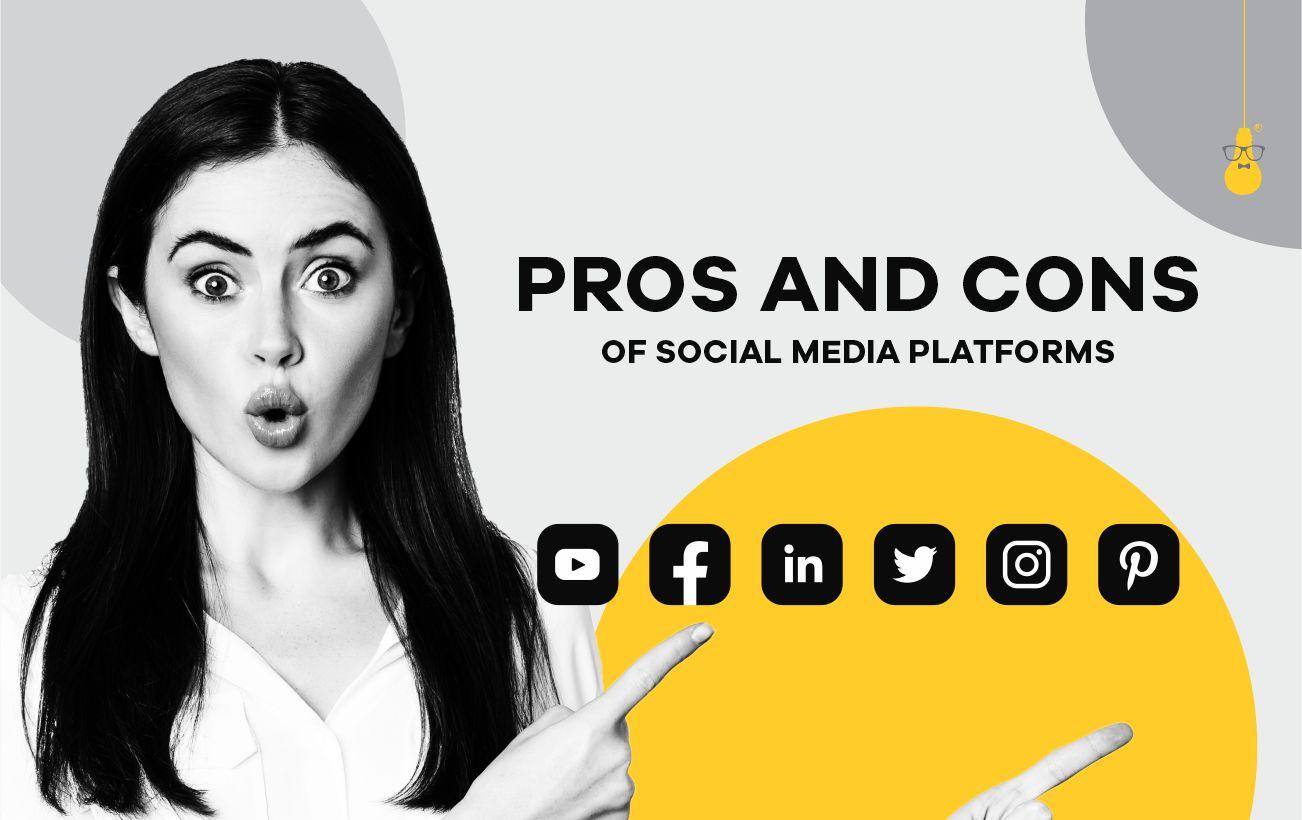Let’s Admit It: Common SEO Mistakes in 2021
You’ve researched SEO strategies, devised a plan, and began executing elements of that approach. After a few months, your website traffic and lead generation from your brand’s website has remained flat, and your rankings have not increased. Where did things go wrong?
Targeting the incorrect keywords
During keyword research, you are likely to come across hundreds of keywords, each of which generates thousands of monthly searches, and you are already calculating the ROI for each of them after you have ranked on page one for each of them. The problem is that keywords do not always imply on what you believe they do. The following are examples of common errors:
Using keywords with a high level of competitiveness
Once you’ve reduced your number down, it is also necessary to examine the competition for those terms.
Intentionally incorrect
When a person searches for a term, they have a goal in mind, and with each algorithm update, search engines increase their ability to guide their users to that objective. When optimising a website for keywords, you must think like the person who is searching for the term you want to optimise for, not like a search engine.
Take “Italian food,” for instance. This search query might be used for a variety of purposes. Users may be seeking for a new recipe, Italian takeaway, or authentic Italian food, among other things. Choosing keywords with care and focusing on purpose will help you rank higher and bring in more qualified visitors.
Keyword stuffing
Keyword stuffing has been a poor SEO strategy for several years, and yet it still exists. Brands used to load their content with three to four keywords repeated a dozen times each, and it worked for a while!
Let’s take a look at the Google Panda and Hummingbird algorithm updates.
Websites that used keyword stuffing strategy were either deleted from Google’s index or saw significant drops in their ranks as a result of the penalty. Most search engines, particularly Google and Bing, have continued to improve their algorithms to detect keyword stuffing and are now demoting or deleting offender pages from their index entirely.
It’s essential to find a healthy and happy medium when inserting your keywords into your copy.

Building irrelevant or poor-quality links
Websites with thousands of backlinks from hundreds of domains, equivalent to keyword stuffing, would formerly assist enhance your website’s domain authority and, subsequently, your search engine results. These black hat techniques, such as creating connections to dubious directories or just purchasing as many backlinks as possible, have now resulted in fines and rating demotions.
Search engine algorithms have detected such techniques, resulting in a significant reduction in ranks for many of these websites. Backlink removal has become a time-consuming job for website owners and companies. Google, in particular, is increasingly rewarding websites who put in a little more effort in their link-building strategies.
Conduct extensive research on the sites you are promoting to ensure that they are related to your services or goods and have a solid reputation with search engines.
Blatantly ignoring User experience
Google is unequivocal about this: user experience is the foundation of every successful website. The search engine will try its best to present you with pages that provide the greatest user experience possible. As a result, neglecting this element is a significant error.
You don’t need to conduct extensive research to figure out what customers want from a website. After all, every time you visit someone else’s website, you are a user. We all expect the same things from the websites we visit: fast loading speeds, mobile device optimisation, security, and user-friendly design.
To begin with, the faster your website loads, the better the user experience. Remove unnecessary plugins and themes, allow lazy loading, and decrease picture sizes to enhance performance. The greatest thing you can do for the speed of your website is to choose a reputable offshore web hosting company.
With a reliable, trustworthy and stable hosting company as well as seo services at your side, you’ll have access to cutting-edge technology and all the speed that comes with it.

Not fixing broken pages
When a user clicks on a link, broken pages display a 404 Not Found message. Failure to repair damaged pages may find you in hot water not just with your users but also with search engines.
404 pages are so annoying that your visitors will most likely quit your website if they encounter one. Your bounce rate will suffer due to the consumers not spending enough time on your site, and Google will take note.
Pages will fall down sooner or later, and there will be nothing you can do about it. It happens from time to time for various reasons. While you have some control over the pages on your own website, you have no influence over external ones.
What you can do is keep an eye on your links and check them on a regular basis. Of course, it’s not a problem to double-check internal or external links when there aren’t too many of them. You may even do it manually and ensure that they all go to working websites.
Publishing low-quality content
Publishing inferior or plagiarised content is one of the worst SEO errors you can make for your website.
You may spend all of your time and money developing a perfectly responsive, modern website with faultless off page SEO, but it will all be in vain if the content is poor.
Poor content quality will have a negative impact on your website’s rankings and may possibly result in a bad consequence. Low-quality, plagiarised material has a damaging effect on search engines. Users that visit your website and see a lack of relevant and fascinating information are unlikely to stay long.





